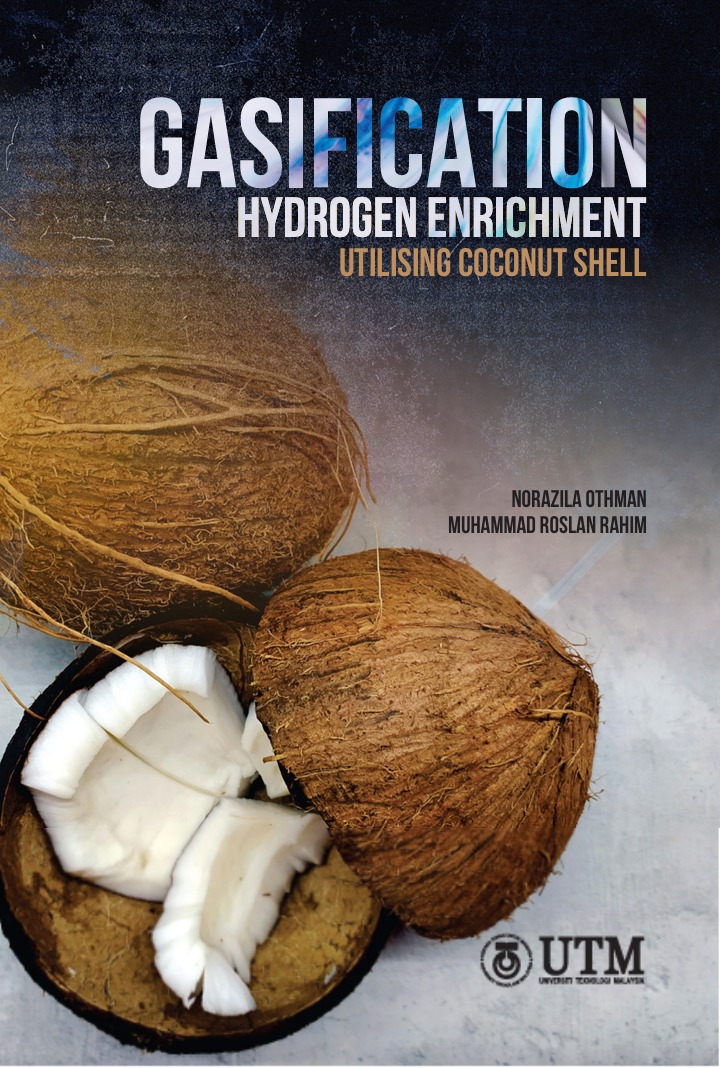Description
This book describes gasification technology as one of the renewable energy technologies for producing hydrogen enrichment from the synthesis of gas composition, utilizing coconut shells as one of the best feedstock selections in this book. Gasification offers several key benefits such as renewable energy sources, hydrogen production, waste valorisation, reduction of greenhouse gas emissions and energy efficiency. The versatility of gasification products can be used for electricity generation, liquid fuels and chemicals, localized energy production, and carbon-neutral potential. It gives cleaner combustion and reduces dependence on fossil fuels. Readers were introduced to five chapters starting with renewable energy needs, how synthesis gas can be produced using the gasification process and the significant importance of the sources of feedstock from biomass. Then the book introduces the gasification prototype and fabrication using an updraft gasifier and continues with describing the development of prediction modelling. This explanation is fundamental to the reader to understand the stoichiometric of the global gasification reaction, thus the performance prediction via numerical analysis was evaluated in the next chapter to verify the mathematical modelling for this initial design process. The knowledge discovery can be applied to other types of gasifier platform design. This book will surely help the transportation industry, industrial processes and heat power applications. The authors hope readers enjoy reading this book and are ready to support the National Energy Transition RoadMap (NETR).





